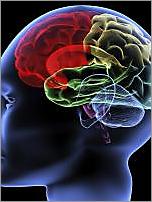
Award Amount
$10,000
Project Dates
12/01/2008 to 09/30/2010
Principal Investigator
Susan M. Wolf, JD (Consortium on Law and Values in Health, Environment & the Life Sciences)
This project analyzed highly related and convergent science to see how law has been affected. It then normatively evaluated changes and adaptations in legal doctrine and practice already under way. This project aimed to influence the future development of legal practice, doctrine, and theory on neuroscience and neurogenomics via the publication of a major paper. Core issues analyzed included:
- The lessons of offering, introducing, and using genetic evidence (especially behavioral genetics) in the criminal process and courtroom—admissibility, weight, understandability, probative vs. prejudicial value, whether the evidence can truly be disregarded upon instruction, statistical issues.
- The lessons of genetics defenses ("my genes made me do it")—when are these defenses offered, what science are they based upon, how has law adapted to the emergence of this type of defense.
- Police and prosecutorial uses of genetics—problems of DNA investigation, efforts to compel DNA examination of the defendant, DNA identification, issues of defendant privacy, positive and negative impacts of this science and practice, critique of emerging legal doctrine affecting these practices.
- What do we know about how law has influenced the science (not just science affecting the law)?
- To what extent are we seeing convergence of genetics and neuroscience in the criminal process already and what should we expect to see, including how linked genomic and neuroscience databases already being established (in part due to NIH, NSF, and journal data-sharing requirements) affect the issues above?